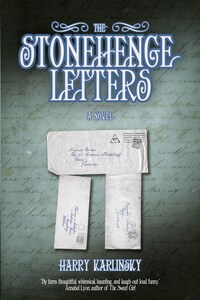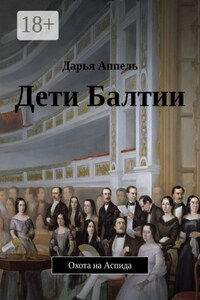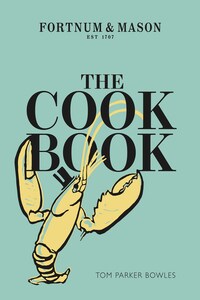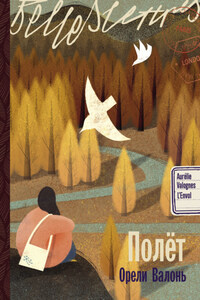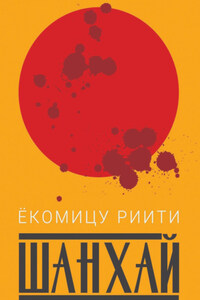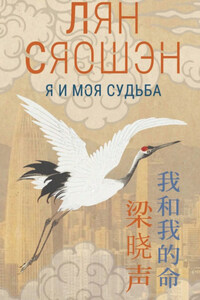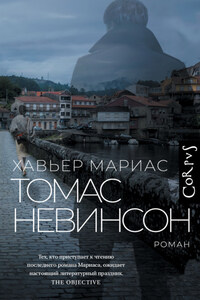They look upon me as pretty much of a monomaniac, while I have the distinct feeling that I have touched upon one of the great secrets of nature.
Sigmund Freud, Letter to Wilhelm Fliess, 21 May 1894
As a (now retired) psychiatrist and amateur historian, I had long been vexed that the clearly deserving Sigmund Freud (1856–1939) had never received the Nobel Prize. In my younger years I had attempted to uncover the reason for this remarkable omission by contacting the Nobel Foundation in Stockholm, the overarching body responsible for the administration of the Nobel Prizes. I was politely but firmly informed that, according to the foundation’s statutory rules, ‘Proposals received for the award of a prize, and investigations and opinions concerning the award of a prize, may not be divulged’. This stipulation meant that neither the names of those nominated for a Nobel Prize nor the subsequent prize deliberations were made known to the public. As it was more patiently explained to me, the Nobel Foundation could not and would not confirm whether Freud had ever been under consideration for the prize, let alone release the adjudicative details of his evaluation had he ever been nominated.
I was disappointed but not deterred. Though the official channels were closed, the secrecy of the Nobel Prize selection process was not impenetrable. With time and the energy of youth, I was able to glean references to Freud and the Nobel Prize from a large number of unofficial sources. These included the personal diaries of his nominators as well as the private and public correspondence of those who lobbied on Freud’s behalf. By my count, Freud had been proposed for the Nobel Prize in Medicine thirty-three separate times between the years 1915 and 1938, once achieving fourteen nominations in the year 1937. It was outrageous that Freud had been overlooked for a Nobel Prize on so many occasions. Yet, despite assertively contacting the Nobel Foundation again and again, I could elicit no explanation for this shameful state of affairs.
In 1974, however, the Swedish government’s introduction of new freedom of information legislation had an unintended consequence, one that would dramatically affect the outcome, and direction, of my enquiries. Recipients of the Nobel Prizes in Literature, Physics, Chemistry and the Economic Sciences were then, as now, decided by the Swedish Academy and the Royal Swedish Academy of Sciences, both private institutions.>fn1 In contrast, it was a publicly funded medical university – Sweden’s Karolinska Institute (Institutet, in Swedish) – that determined who received the Nobel Prize in Medicine. As the new legislation afforded access to documents retained in public institutions, the secrecy of the Karolinska Institute’s prize deliberations was now in jeopardy. The Karolinska Institute manoeuvred quickly. A new private body was created and tasked by the faculty of the Karolinska Institute to bestow its prize, thereby preserving the secrecy of its selection.
These crude shenanigans to circumvent freedom of information did not go unnoticed. The Swedish government immediately demanded that the secrecy surrounding the awarding of all the Nobel Prizes be lifted. After contentious negotiations, a key conciliatory revision within the statutes of the Nobel Foundation emerged as follows:
A prize-awarding body may, however, after due consideration in each individual case, permit access to material which formed the basis for the evaluation and decision concerning a prize, for purposes of research in intellectual history. Such permission may not, however, be granted until at least fifty years have elapsed after the date on which the decision in question was made.
